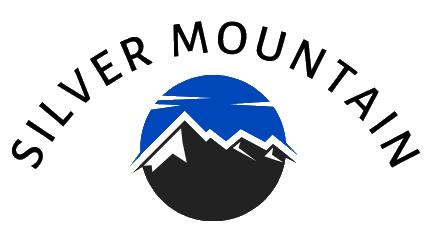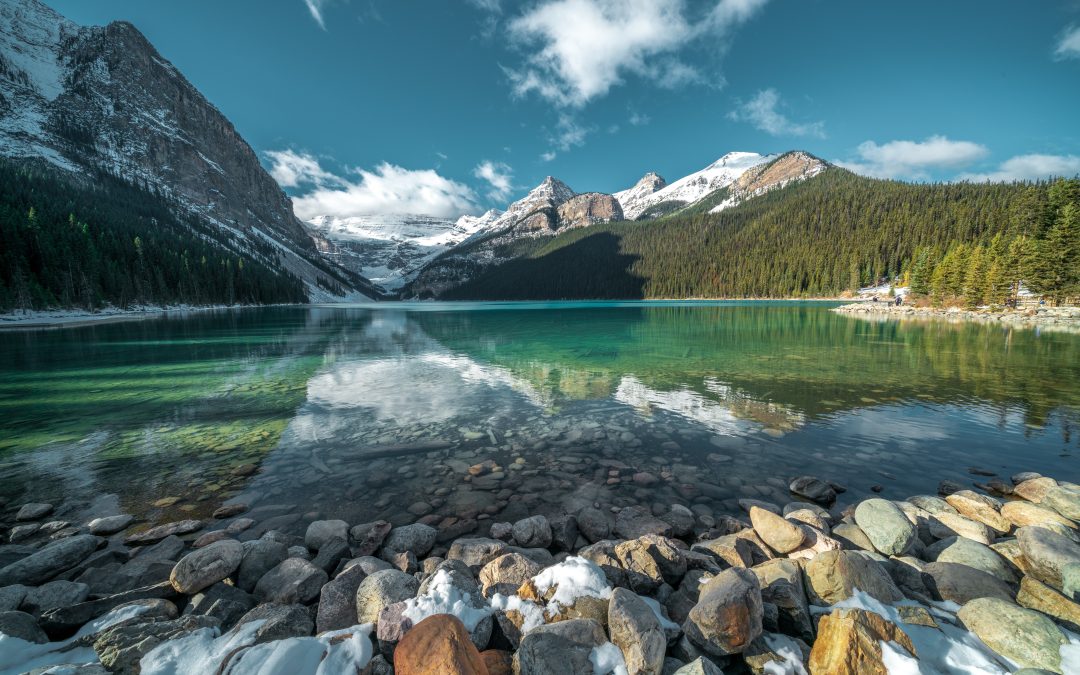By definition, mountain water has to be water collected from mountains. But is that water necessarily healthier than the water you get from your local municipal utility? Does it even taste better? Today we take a look at what exactly mountain water means and whether it’s worth investing in if you’re looking to improve your health.
What is mountain water?
Mountain water is water that comes from a natural spring or underground source. These sources usually sit higher in the mountains so the water takes longer to flow through the dirt, rocks, and another sediment before it reaches the surface. For this reason, mountain springs often have less mineral content than most surface water sources. This type of water is typically not treated with chlorine and has a different flavor than regular drinking water. While mountain water may be healthier for you because it contains fewer minerals and chemicals, most experts recommend drinking filtered tap water to avoid all possible contaminants from your home’s pipes.
If you do decide to drink unpurified mountain water make sure you boil it first to kill any bacteria or parasites that may be present before consuming it. It is also important to remember that while some parts of the world are famous for their quality mountain waters, they can still carry dangerous organisms such as Giardia and Cryptosporidium which can cause diarrhea, nausea, stomach cramps, fever, and vomiting.
Does it taste better than regular tap water?
If you’re someone who appreciates the taste of water but doesn’t have access to natural water sources like a river or stream, then you might be considering using bottled water. If this is the case, it’s worth looking into whether or not mountain water is any healthier than regular tap water. Tap water and mountain spring water both come from different sources; some people argue that tap water is chemically altered during treatment while others say it comes from aquifers. A few reasons why people think mountain spring water tastes better are the lack of chemicals in it and its natural ingredients, like minerals and trace minerals that occur naturally in nature.
Others believe that water contains less sodium and more calcium, making it an all-around healthier choice. The benefits of these ingredients are still debated among scientists today though many agree that there is evidence supporting them as healthy additions to one’s diet. Regardless of what scientific studies may reveal about the health benefits, most would agree that drinking naturally mineralized water (like mountain spring water) does indeed taste much better than regular tap water!
Are there any other benefits besides the taste difference?
I would like to start by saying that the taste difference is a reason why I drink mountain water. All water is the same besides the different minerals and additives that have been added to it from its sources (mostly in the environment). That being said, there are benefits outside of just taste. According to Dr. Lonnie Charles, MD for The Mayo Clinic who specializes in allergy and immunology, there are considerable health benefits from drinking mountain water including a decreased risk of allergies and other inflammatory responses; reduced levels of joint inflammation which can make them feel better; improved circulation with more oxygenated blood flowing through their body; having stronger skin with less redness due to constricted blood vessels.
There are also risks associated with drinking mountain water such as increased exposure to bacteria, parasites, and viruses due to the small stream systems that feed into most sources of mountain water. To avoid these risks, I recommend consulting your doctor about whether or not you should use filtered or distilled bottled water instead of drinking directly from a natural source.
How expensive is it compared to regular tap water?
Mountain water is naturally cleaner than tap water, but it’s also more expensive. Since it must be pumped over the mountain and many things can go wrong with the delivery process, the price of getting clean water from your mountaintop home is higher than what you’ll pay for tap water. On average, drinking a gallon of mountain water will cost about as much as a gallon of bottled sparkling mineral water or natural spring water. If your tap water has been tested and found to have lead in it, then you should consider paying extra money to get safe mountain water.
But if your tap water has been declared safe by the EPA, then you may want to reconsider. A recent study found that nearly every plastic bottle leaches chemicals into its contents and can cause long-term health problems like cancer or hormone disruption when consumed over time. However, this isn’t an issue with mountain water since it comes straight from the ground. If you’re concerned about how safe your tap water is, ask your local utility company to test it for heavy metals and other contaminants so you know exactly what you’re drinking.

